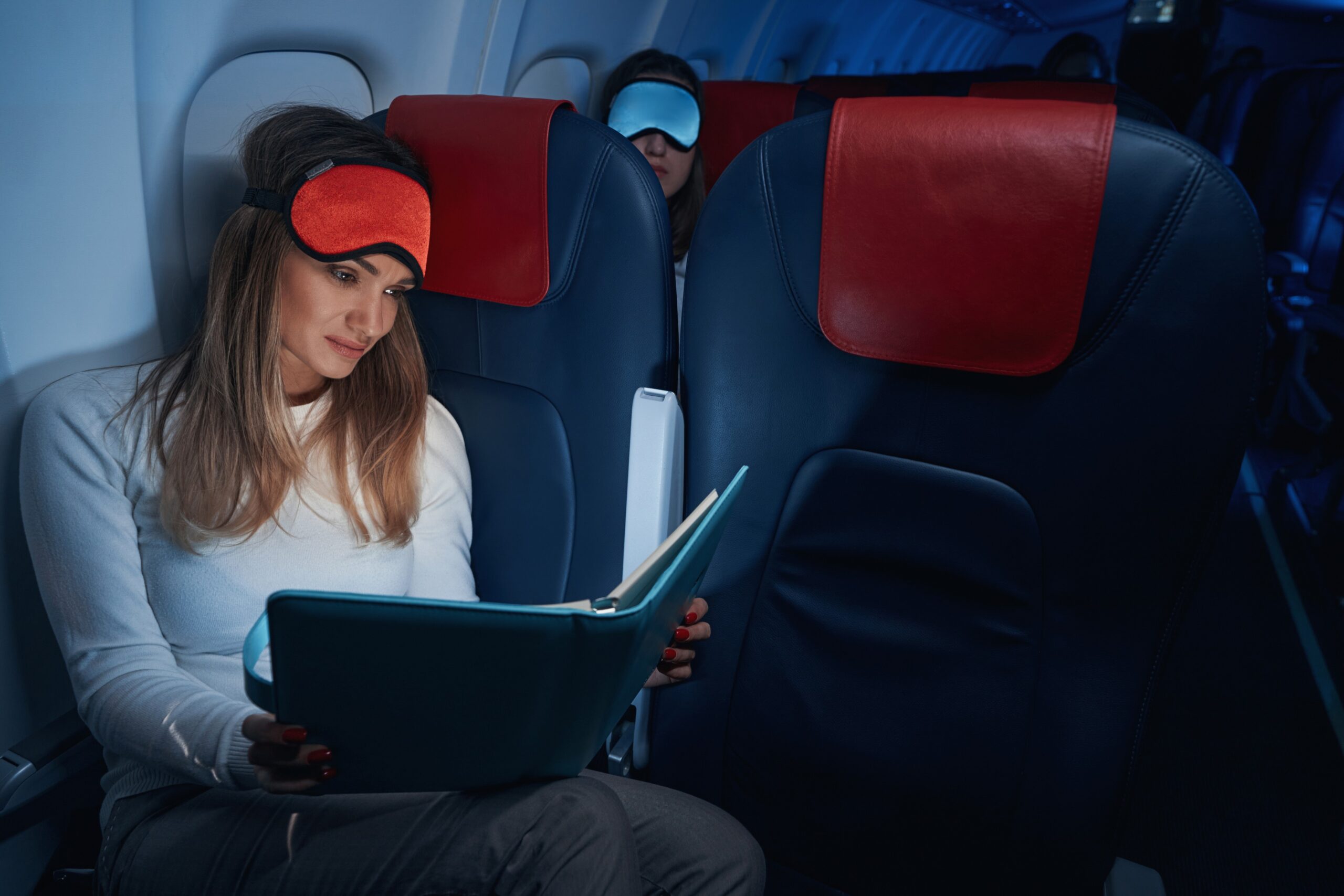Navigating the world of travel can be a thrilling adventure, but let’s be honest — it can also throw you for a loop, especially when it comes to jet lag. If you’ve ever landed in a new time zone and felt like a zombie, you know what I mean! Jet lag is that annoying feeling when your body is still on its old time zone’s schedule, making you feel wide awake while everyone is asleep. Thankfully, there are some tips and tricks to get over jet lag and help you bounce back into the swing of things. So, buckle up as we bust some jet lag myths and offer practical advice!
Understanding Jet Lag
Before we dive into the solutions, it’s essential to understand what jet lag really is. Basically, it’s a temporary sleep disorder that occurs when your body’s internal clock is out of sync with the new time zone you’ve just entered. This misalignment can result in fatigue, difficulty concentrating, and mood swings. Given that your internal clock relies on sunlight and regular sleep patterns, making drastic changes in time zones can mess it all up. But don’t worry; we’ve got your back!
Tips and Tricks to Overcome Jet Lag
Adjust Before You Go
One of the best ways to mitigate jet lag is to gradually adjust your sleep schedule before you even leave. If you’re heading east, try going to bed an hour earlier for a few nights leading up to your trip. Conversely, if you’re heading west, adjust by sleeping a bit later. Think of it as slowly tipping your body into the new time zone, rather than throwing it into the deep end on day one!
Stay Hydrated
When traveling, especially by plane, hydration is key! Airplane cabins are notoriously dry, which can exacerbate feelings of fatigue. Drink plenty of water before, during, and after your flight. Think of your body like a plant; it thrives when watered properly. Avoid caffeine and alcohol as they can dehydrate you and disrupt your sleep patterns.
Get Some Sun
Natural light plays a significant role in resetting your internal clock. When you land, try to get outside and soak in the sunlight; it helps signal to your body that it’s time to wake up! Imagine your body as a solar-powered device, craving that sunlight to recharge and adapt to the new day. A brisk walk or just lounging outside can do wonders for your mood and energy levels.
Avoid the Nap Trap
It’s tempting to take a nap when you’re feeling groggy, but short naps can make your jet lag worse. If you must nap, limit it to 20-30 minutes to recharge without getting into that deep sleep cycle. Consider this: quick naps are a power-up, not a full recharge. If you nap too long, you might end up feeling even more sluggish!
Conclusion
Jet lag doesn’t have to be the villain of your travel story. By employing these tips and tricks, you can give your body the support it needs to adjust and thrive when traveling across time zones. Remember, be gentle with yourself and don’t hesitate to embrace the journey — jet lag and all!
Frequently Asked Questions
1. How long does jet lag last?
Jet lag typically lasts for a few days, but the duration can vary based on the number of time zones crossed. On average, it takes about one day for each time zone you cross to adjust.
2. Can I use medication to help with jet lag?
While some people find that melatonin supplements help them sleep, it’s best to consult with a healthcare professional before turning to medication. They can provide tailored advice based on your health needs.
3. Should I change my meal times when traveling?
Yes! Adjusting your meal times to match the new time zone can help your body acclimate faster. This is another way to signal to your body that it’s time to adapt.
4. Does everyone experience jet lag?
Not everyone experiences jet lag in the same way. Some people adjust quickly, while others may struggle more. Factors like age, health, and even your travel history can play a role.
5. Is it better to travel east or west?
This depends on the individual! Many people find it easier to travel west since it allows for longer days, making it easier to stay awake. However, your own body’s rhythms are the best guide!
